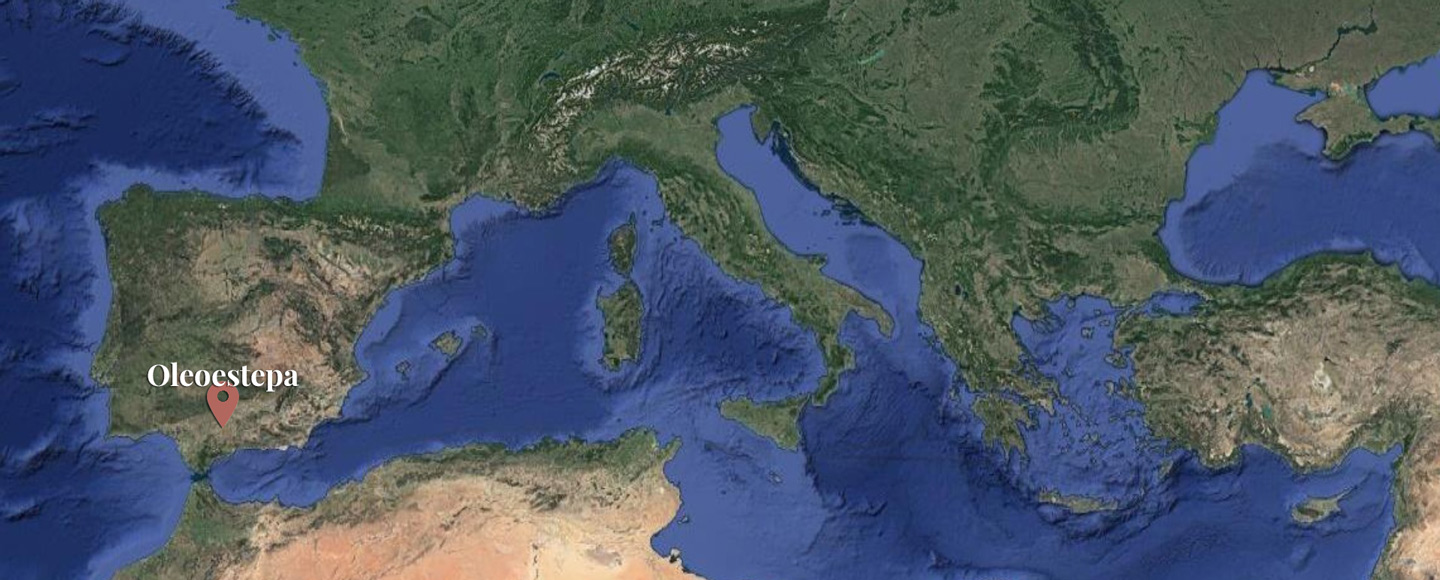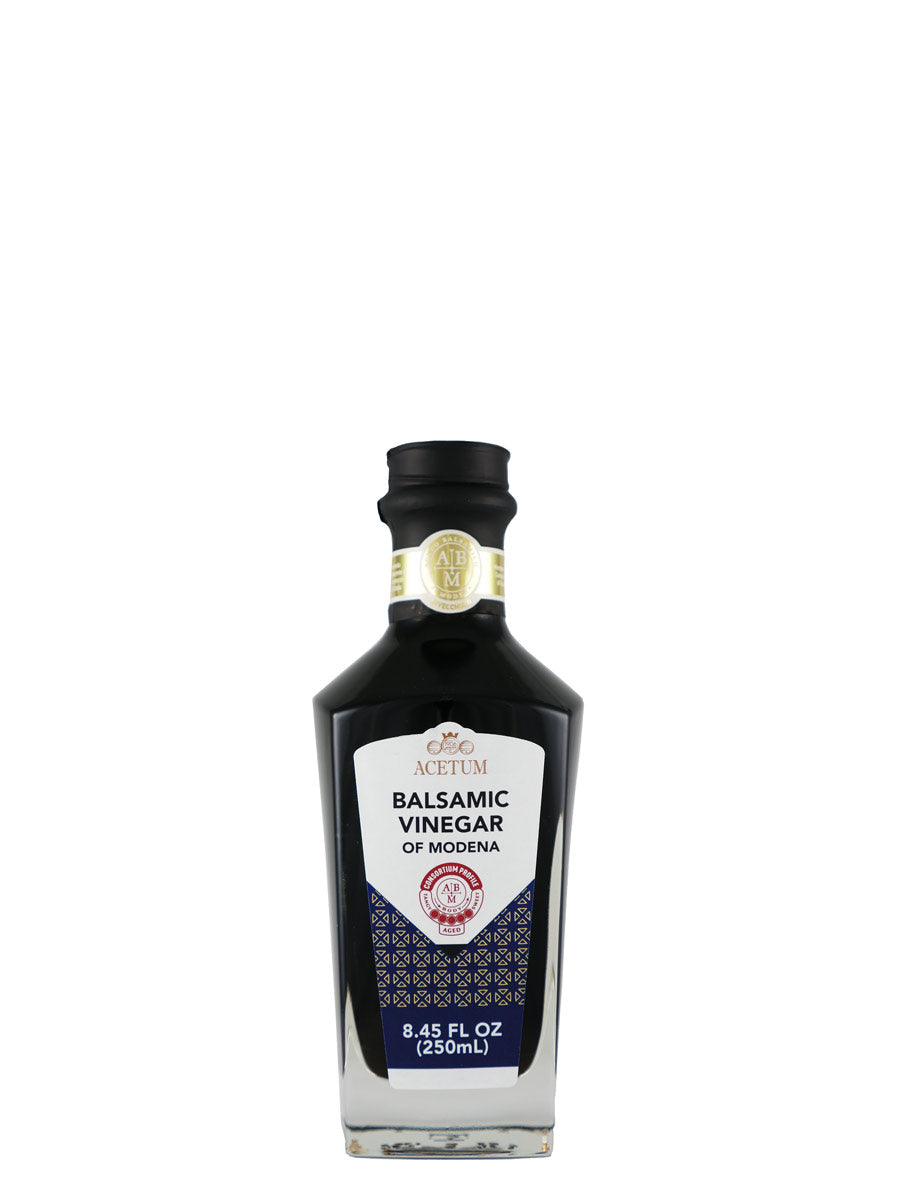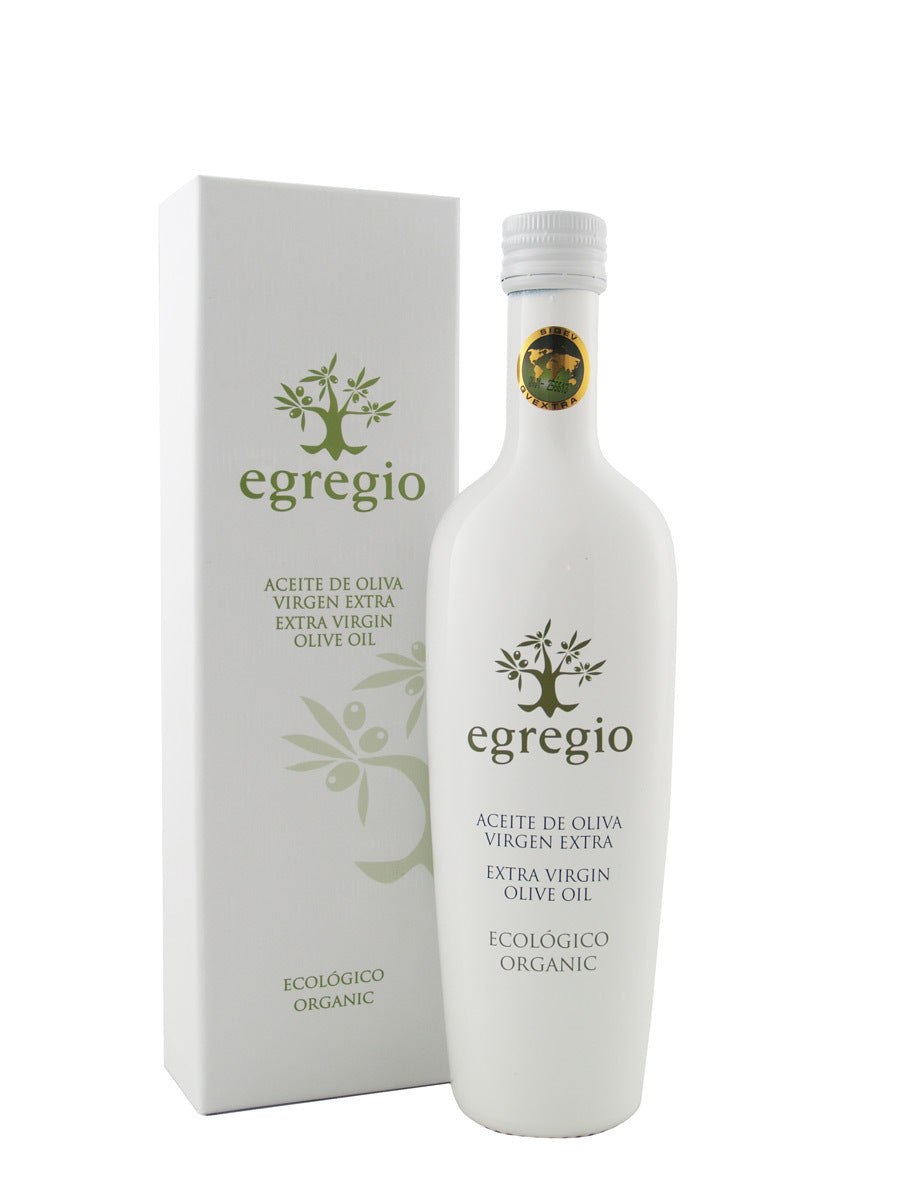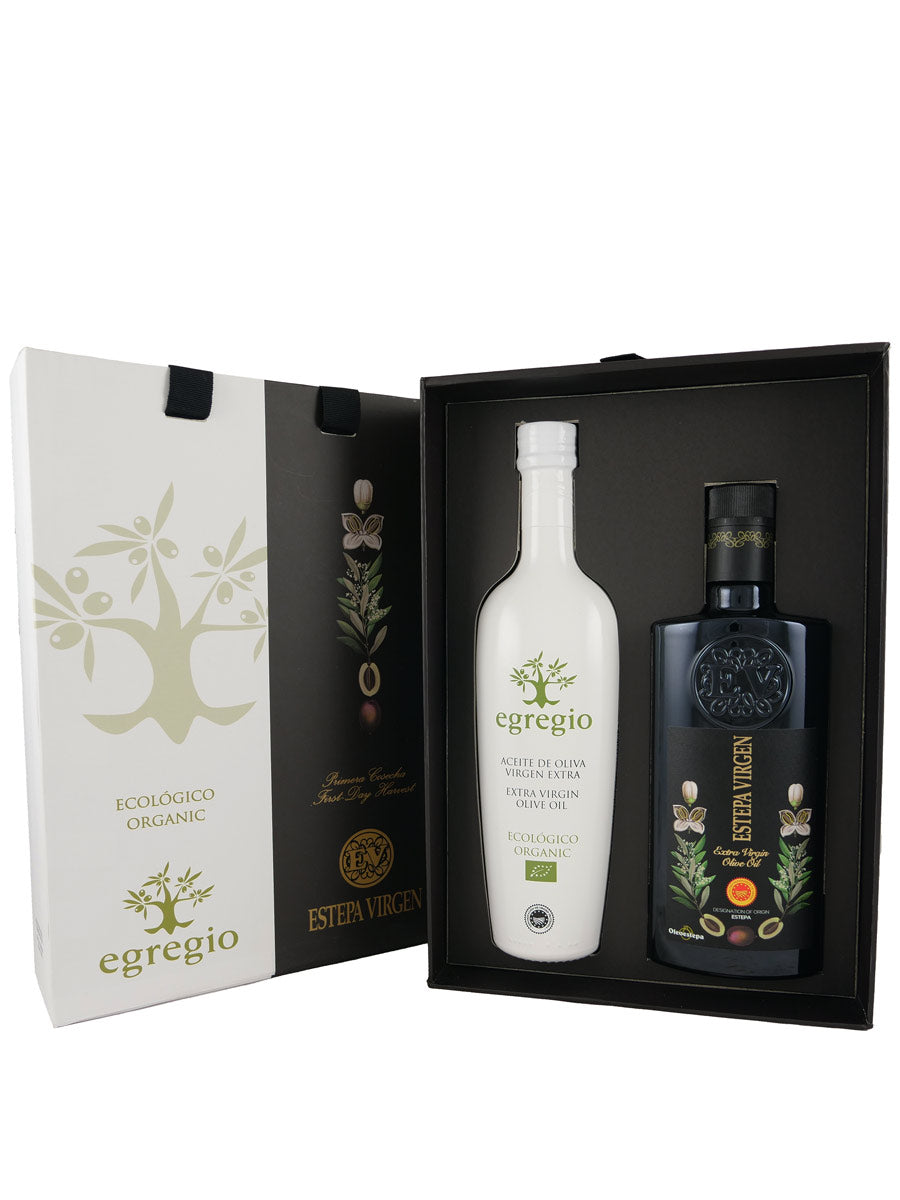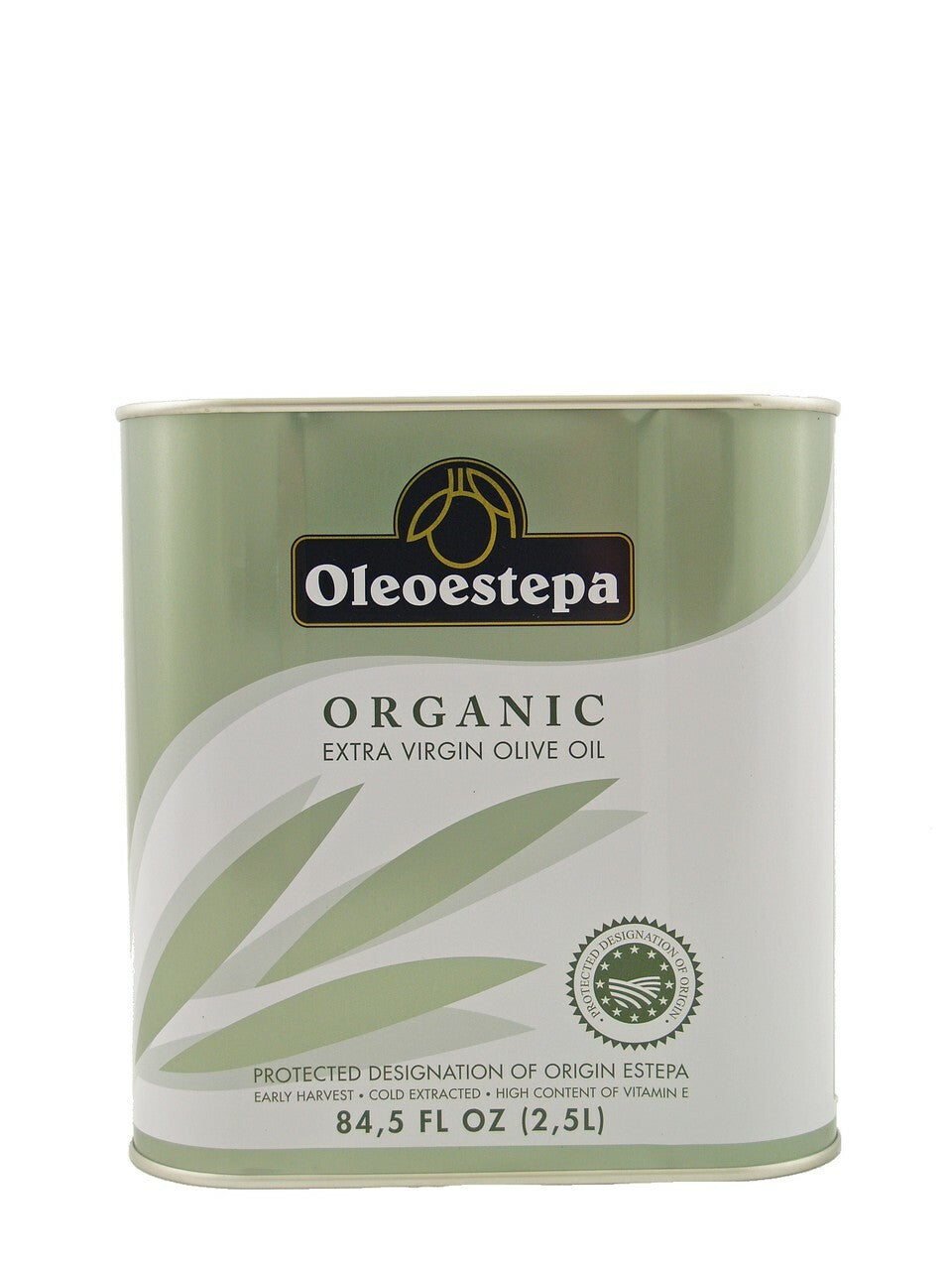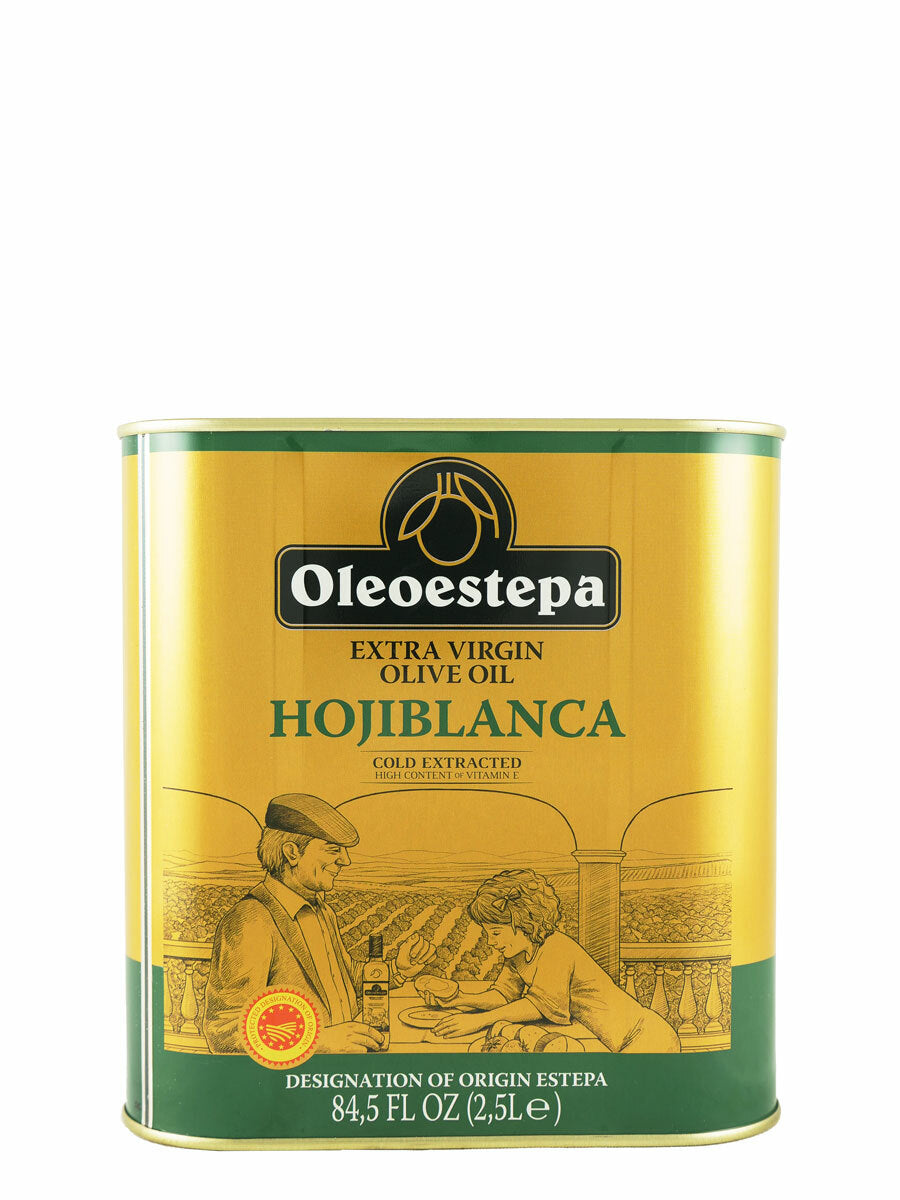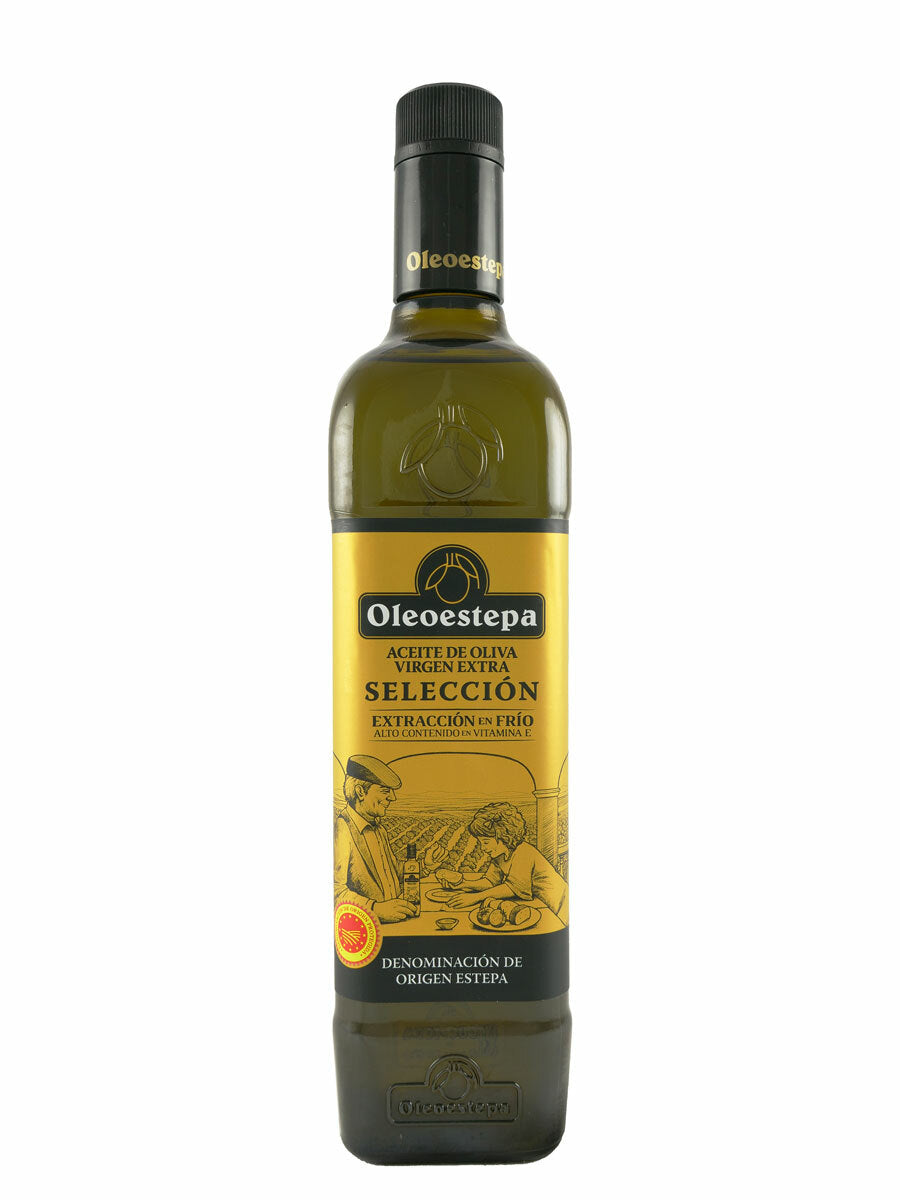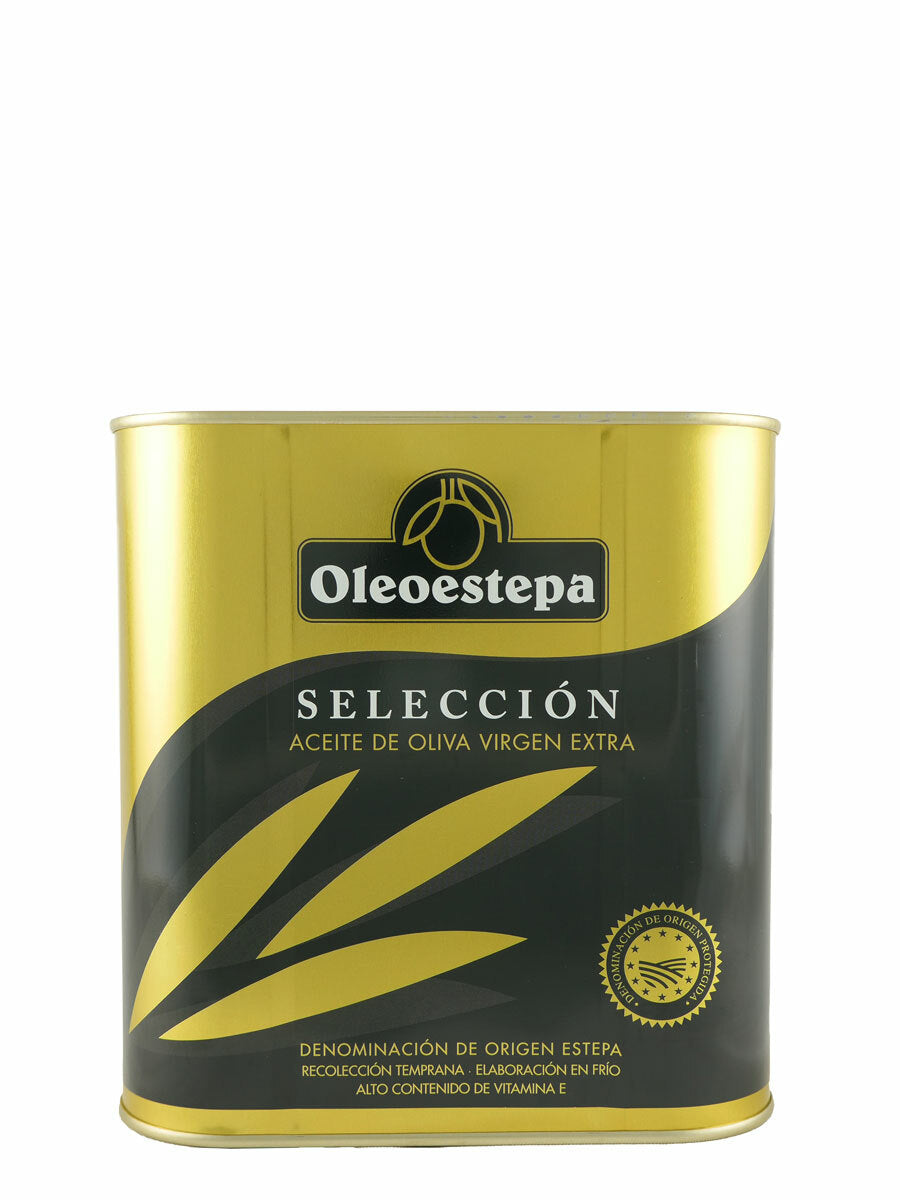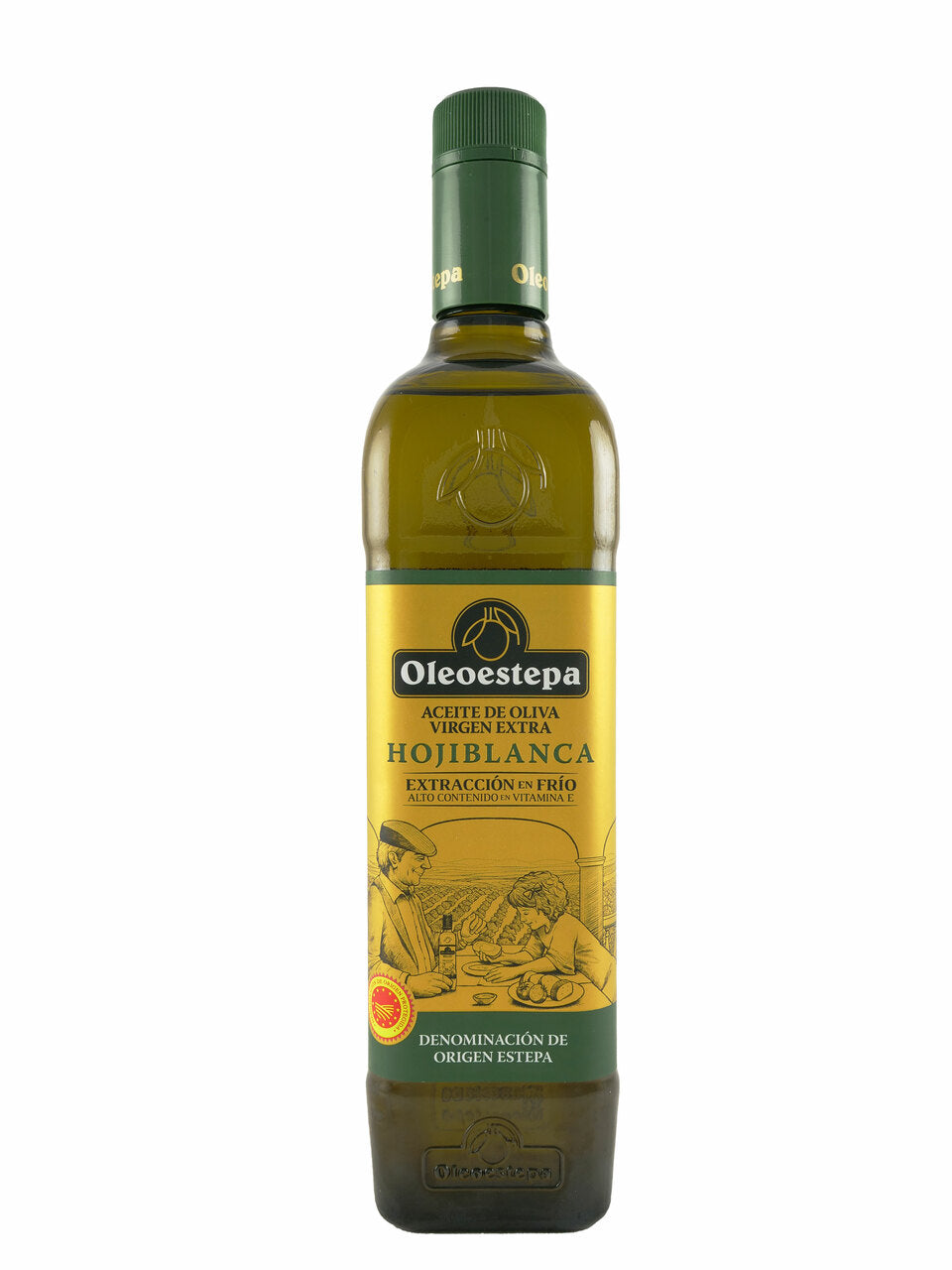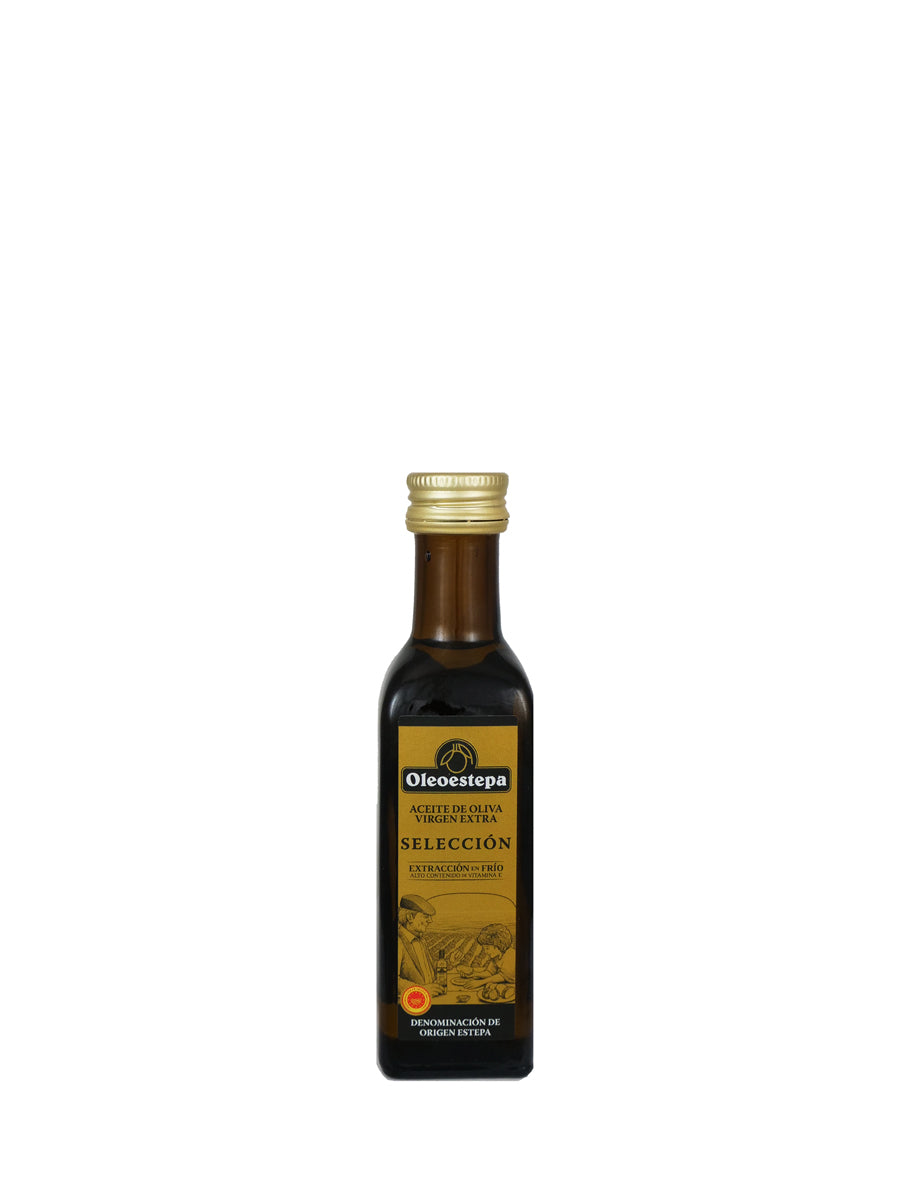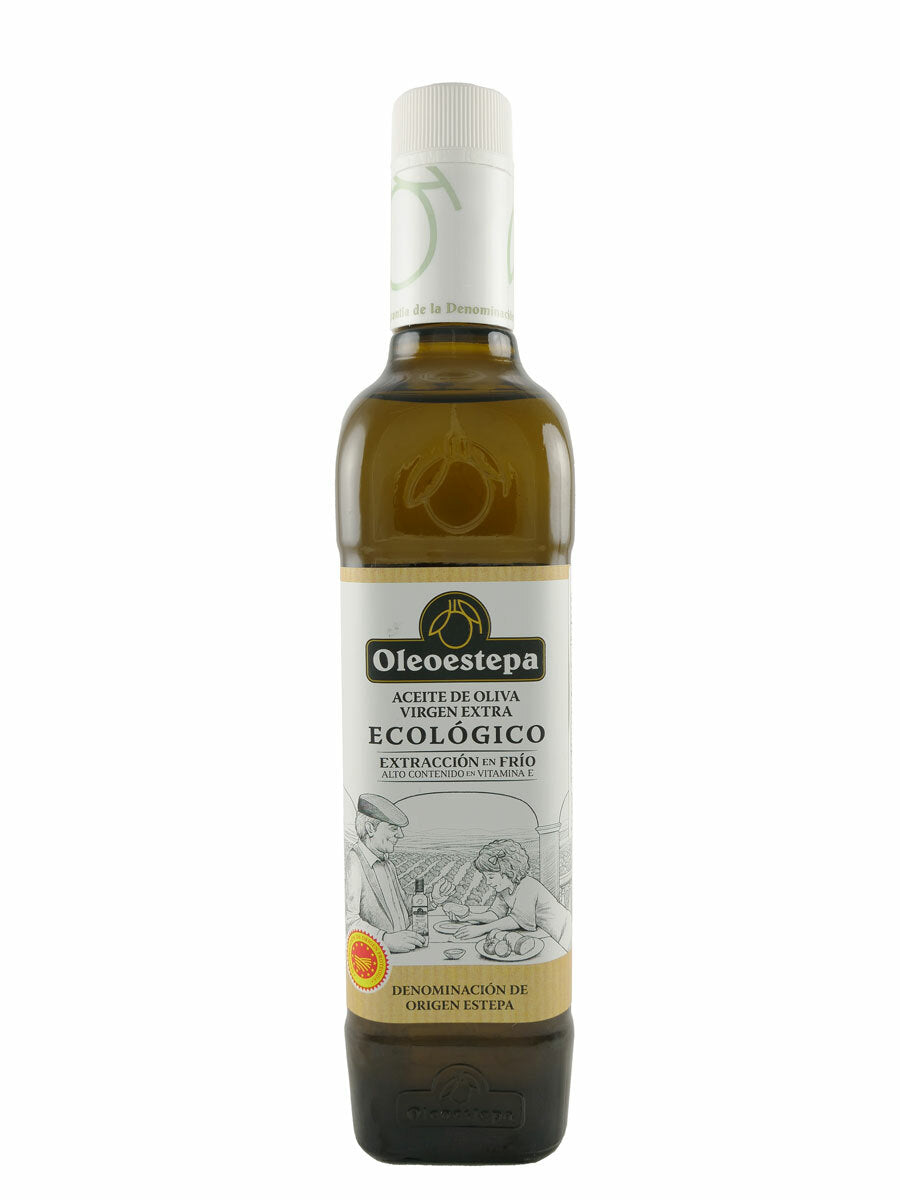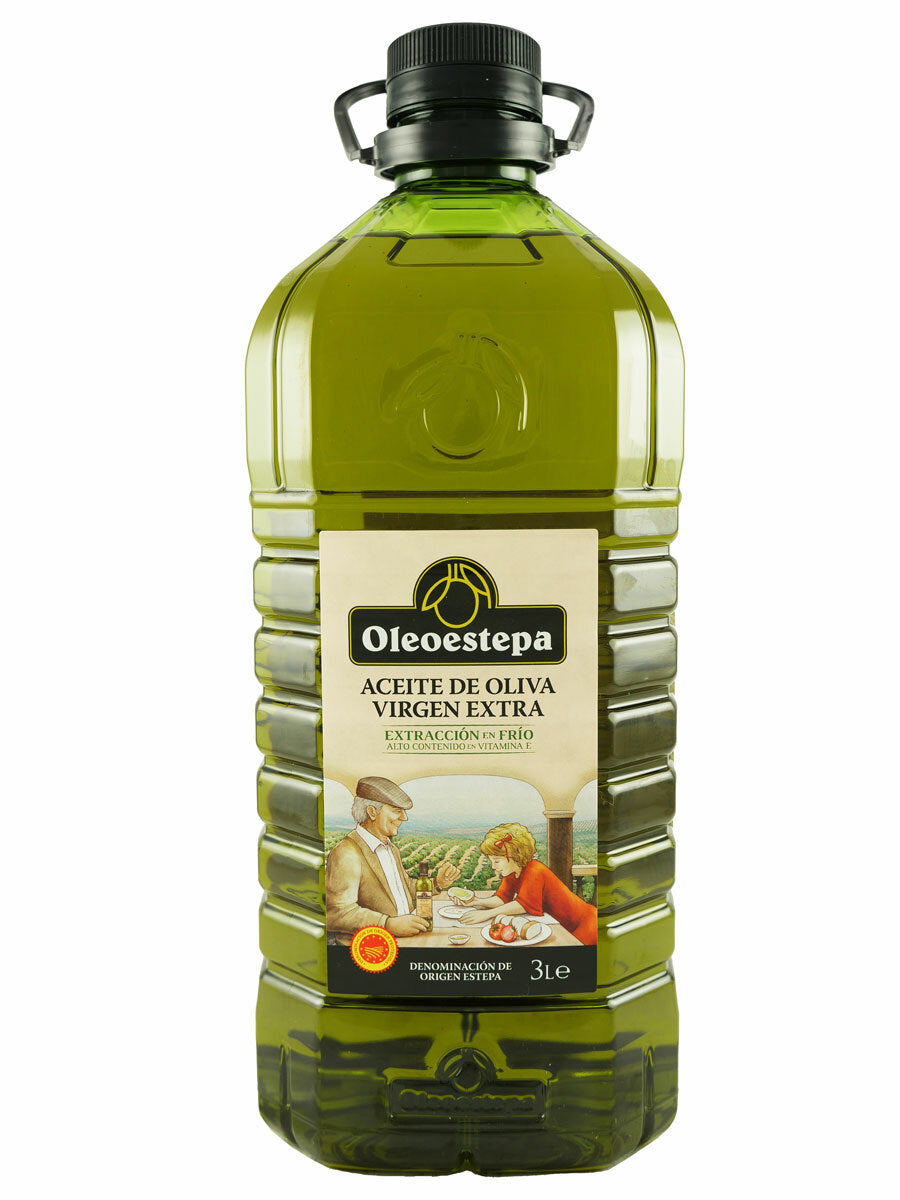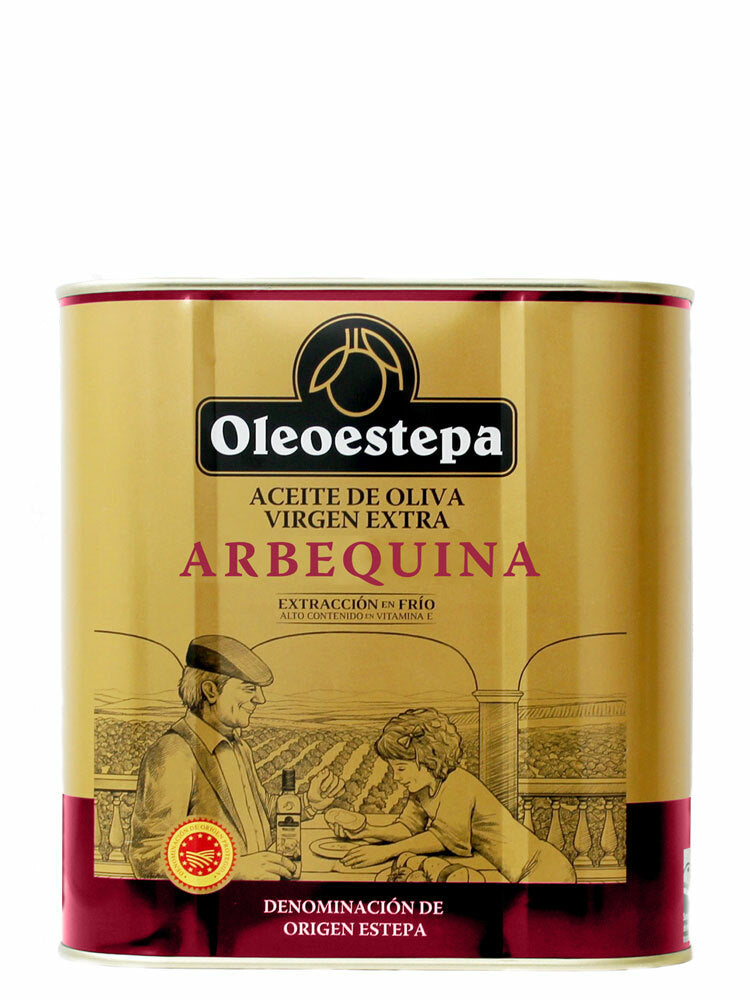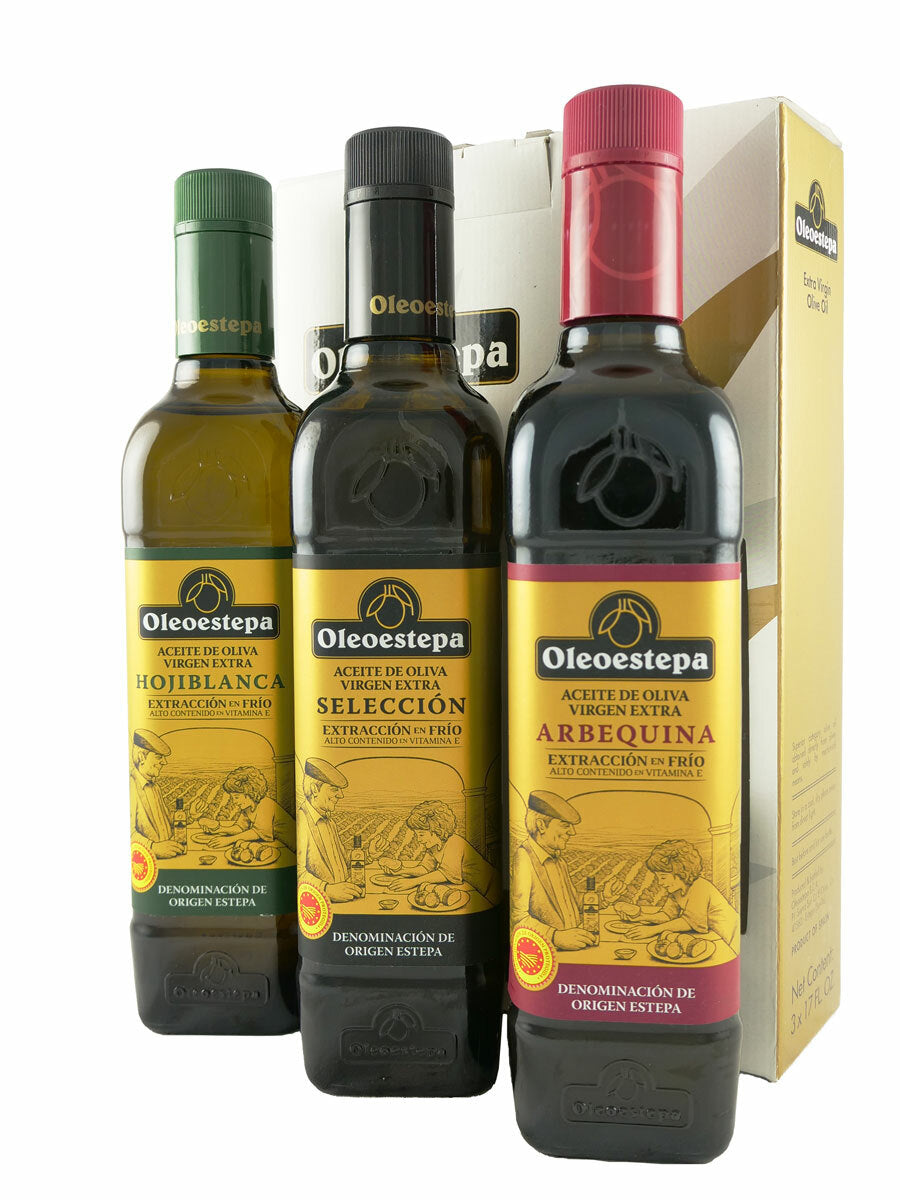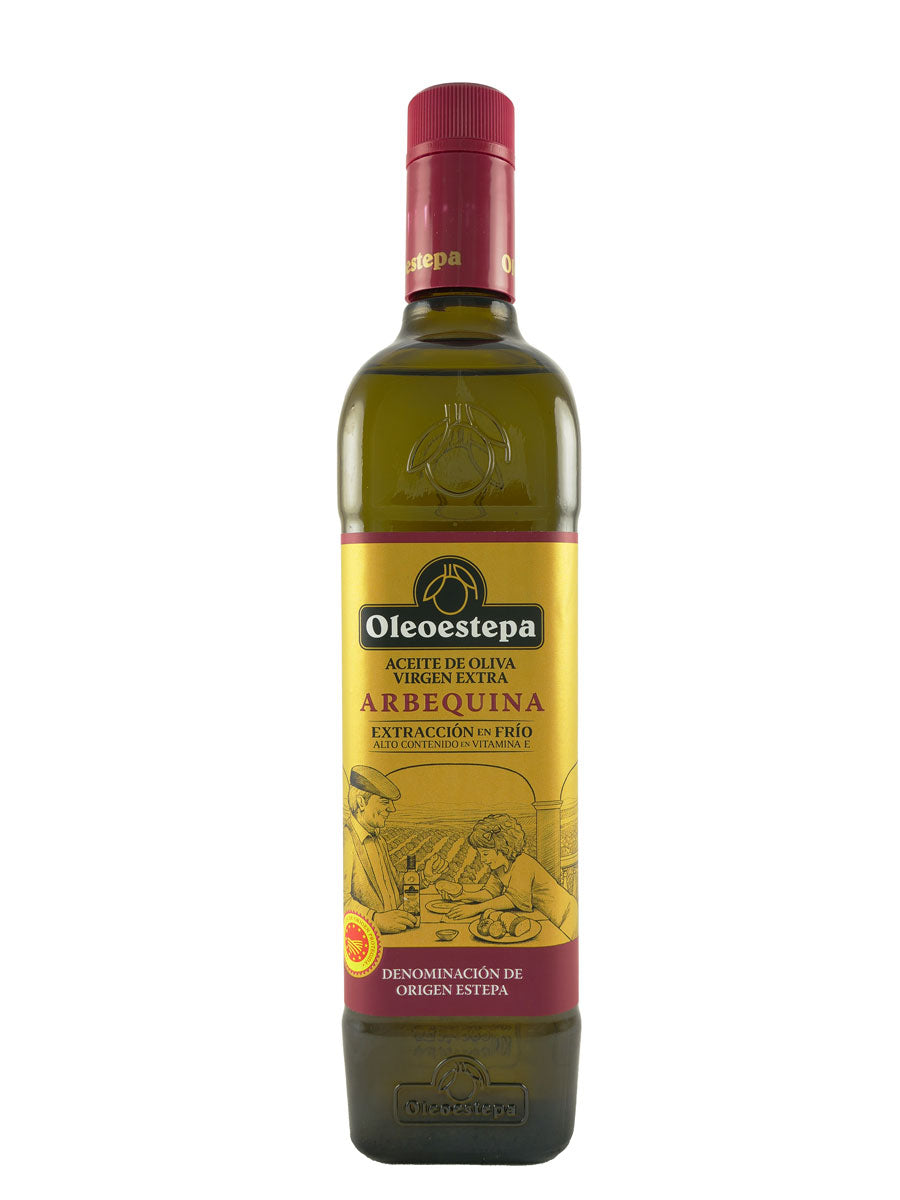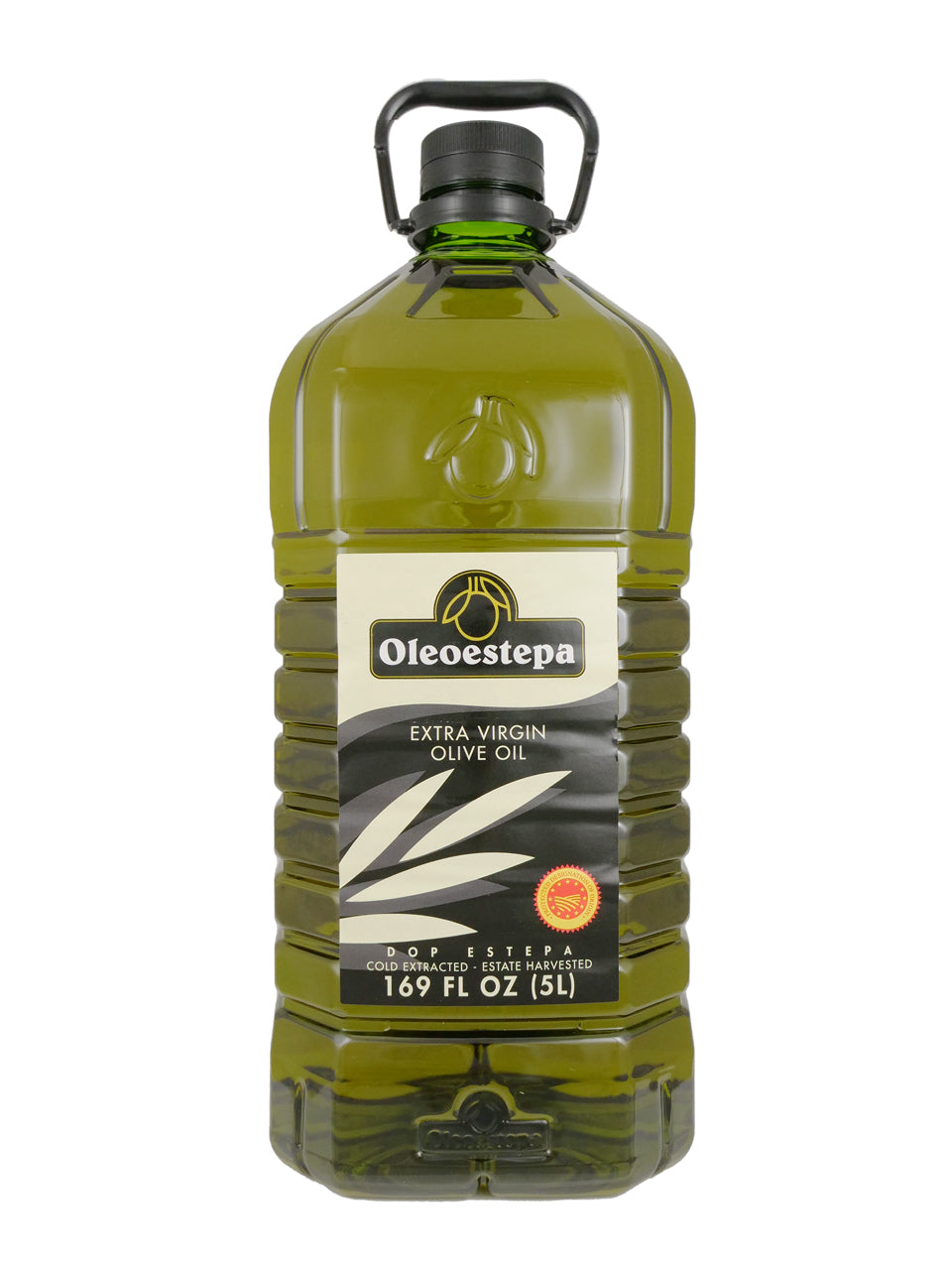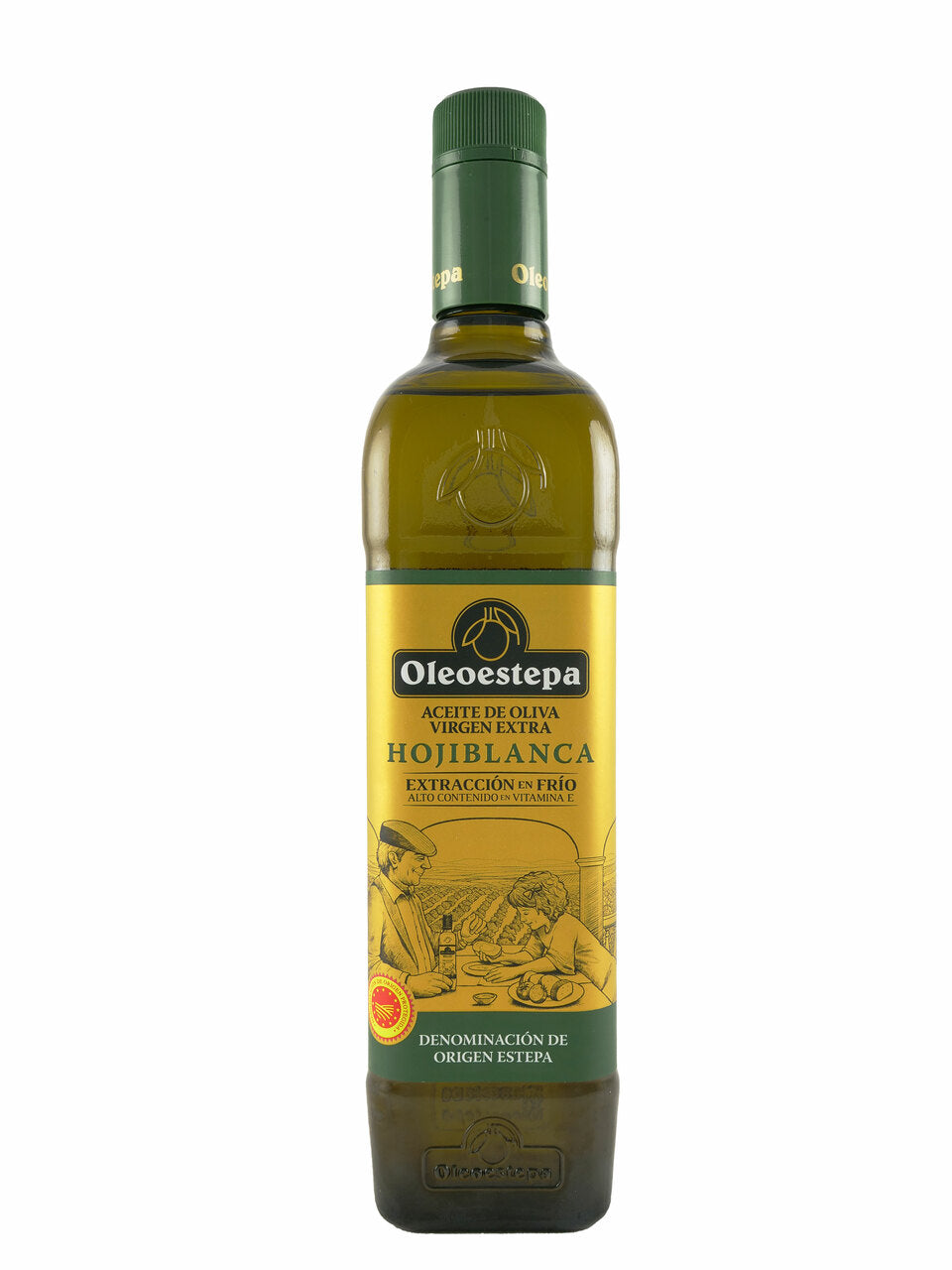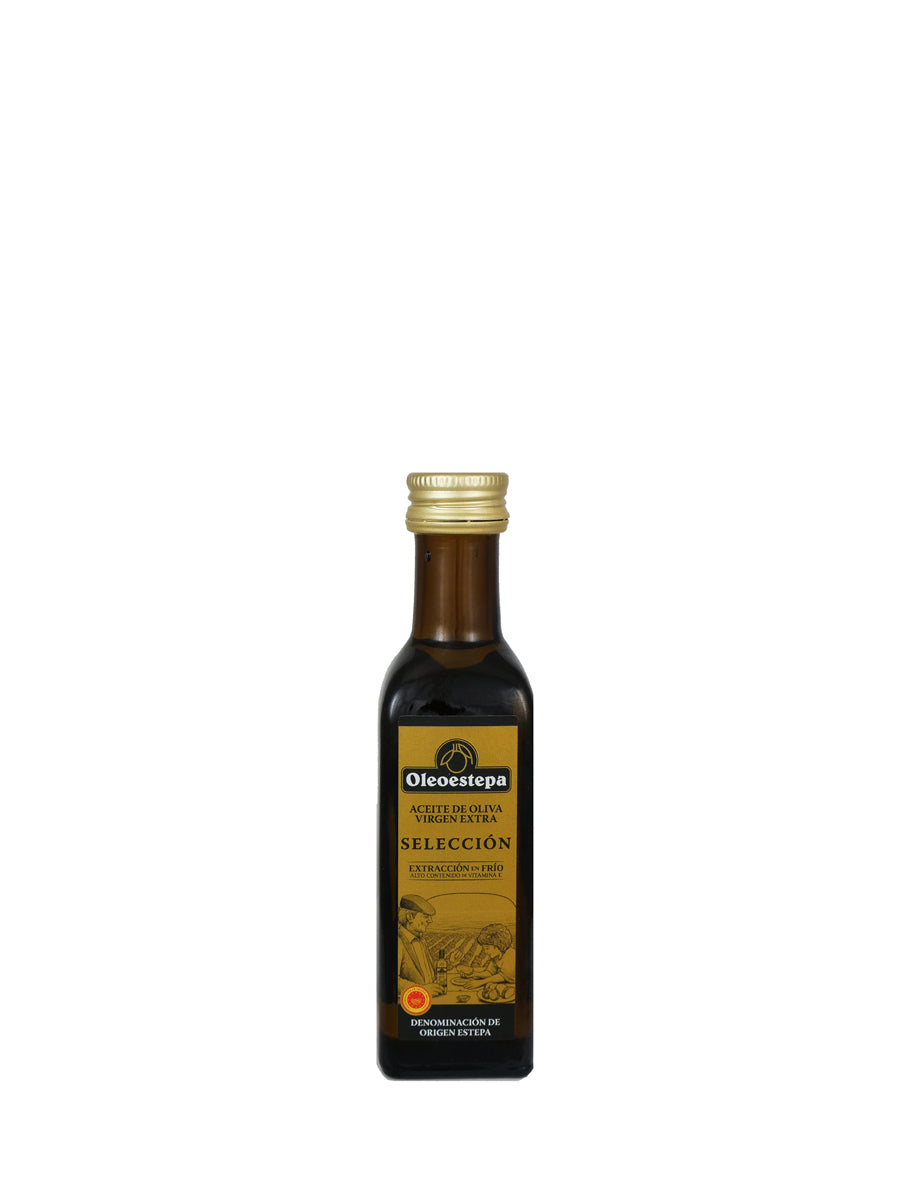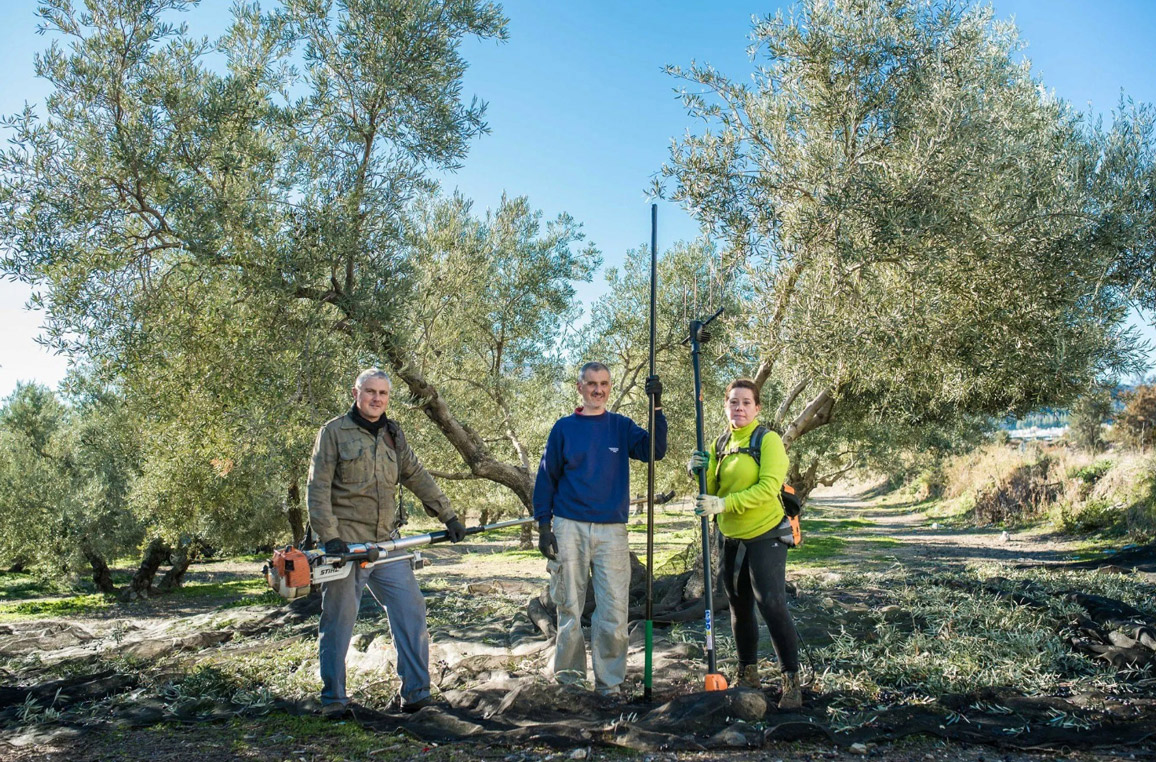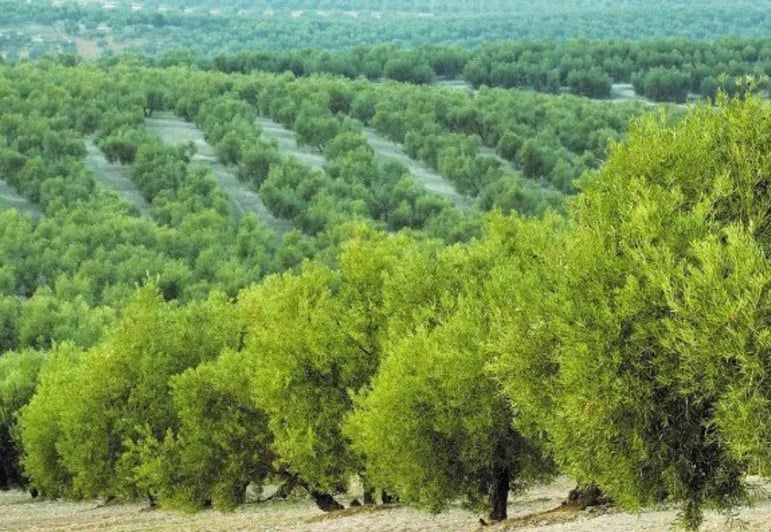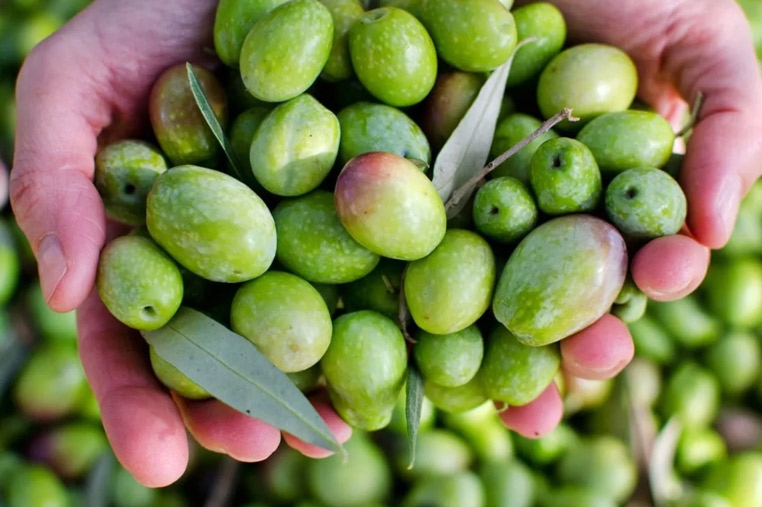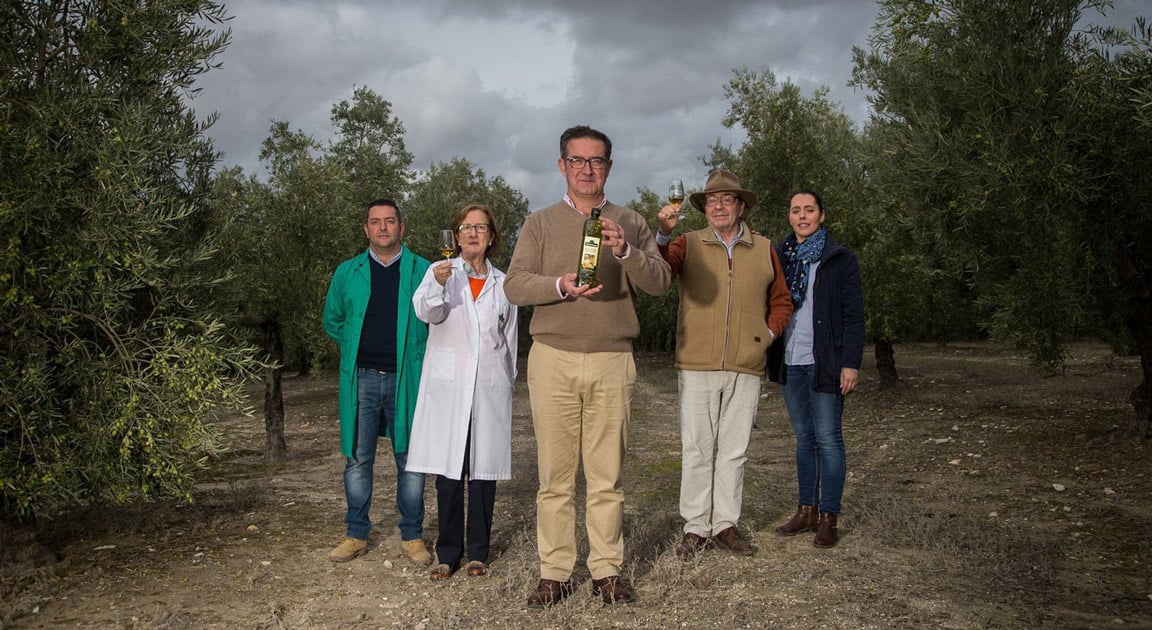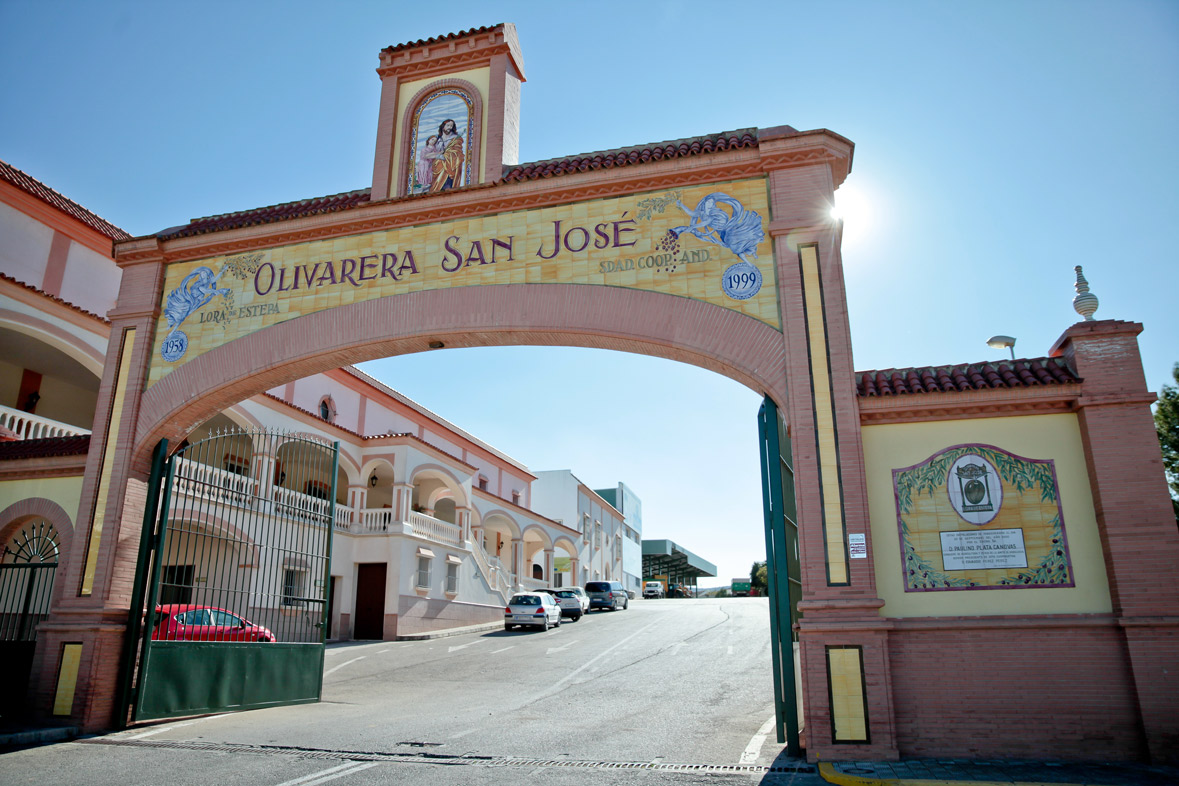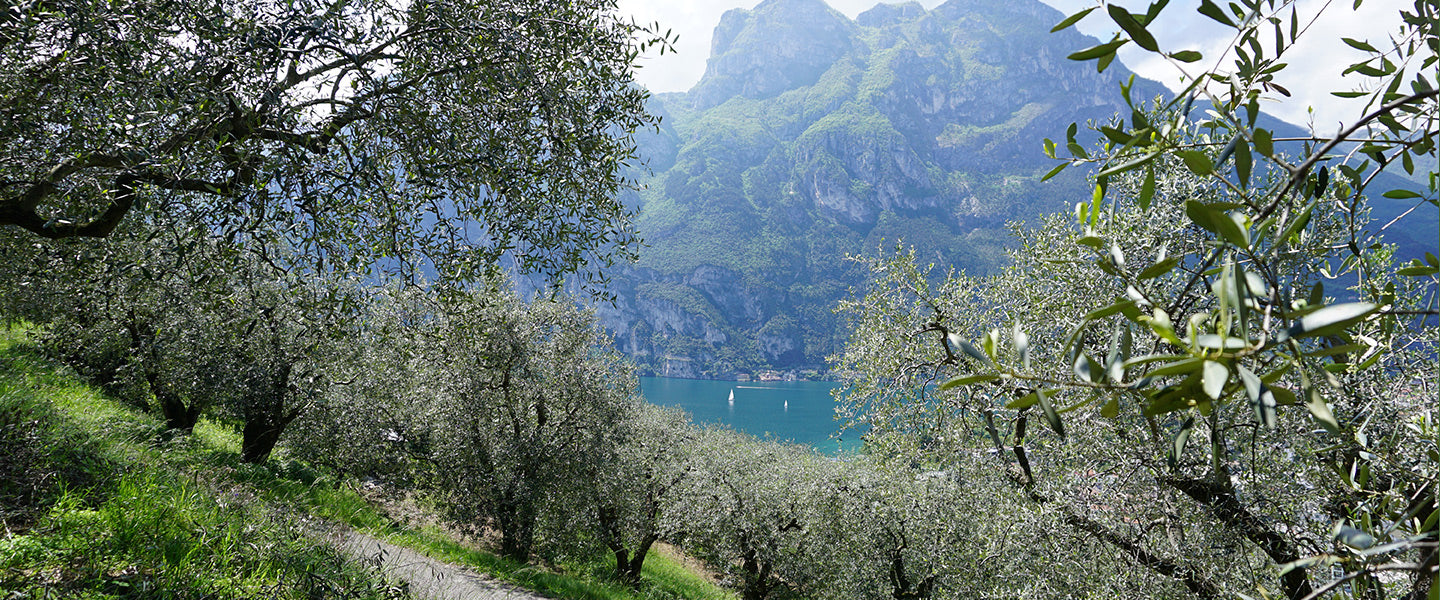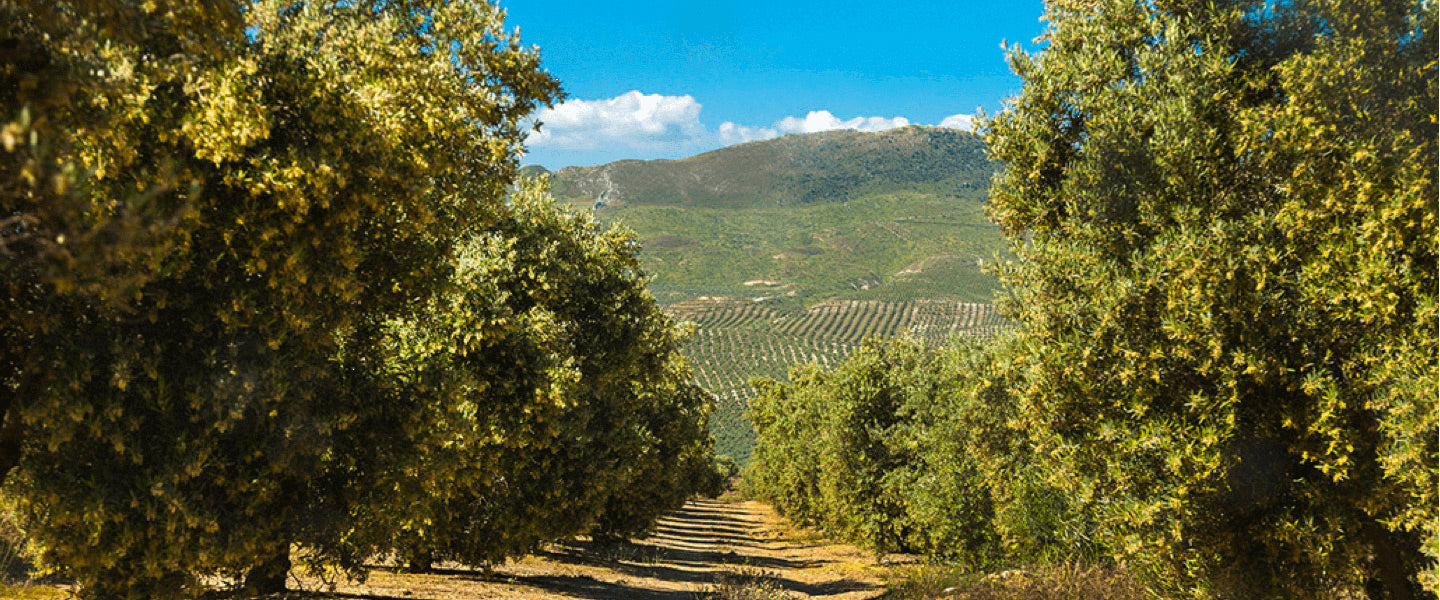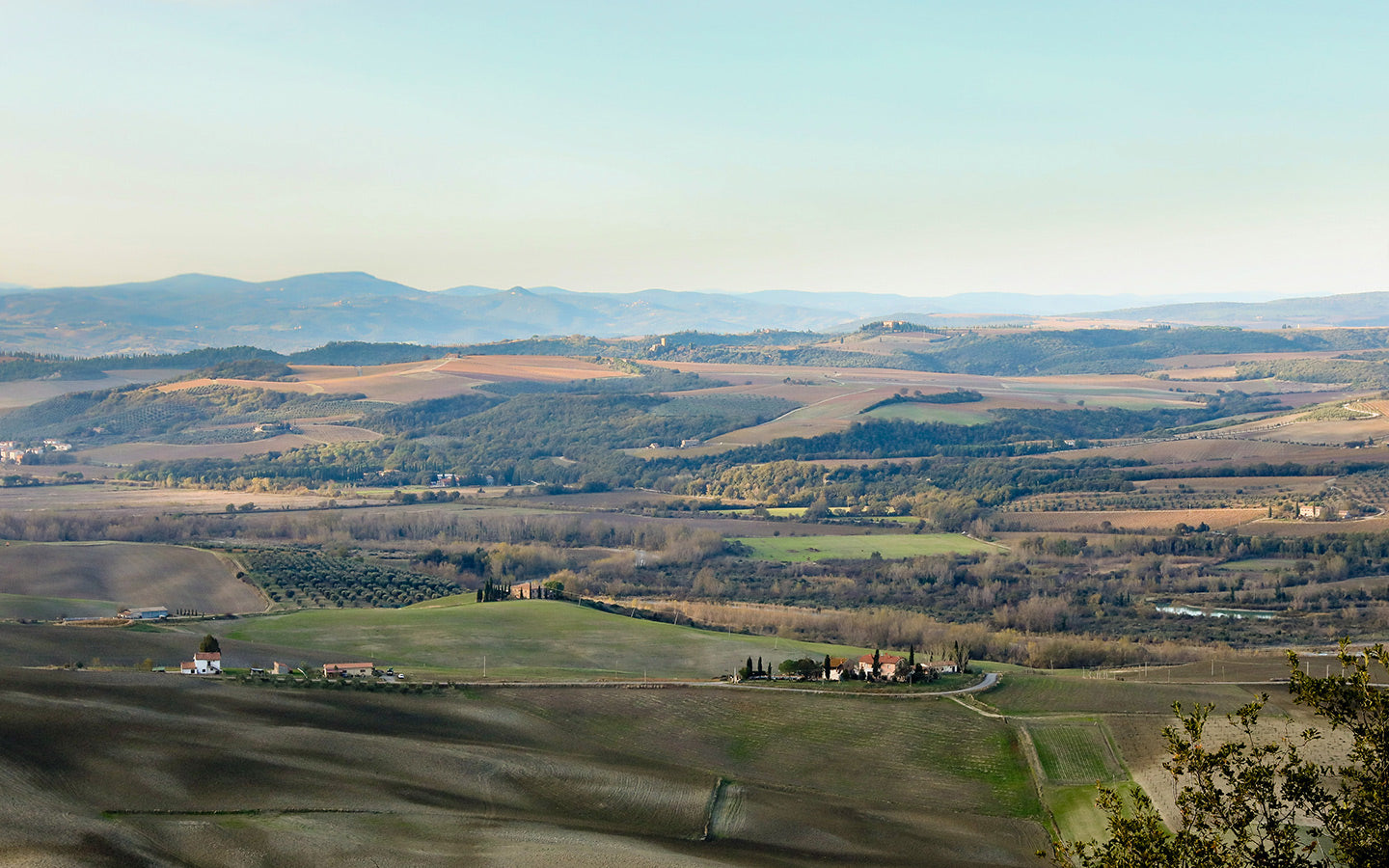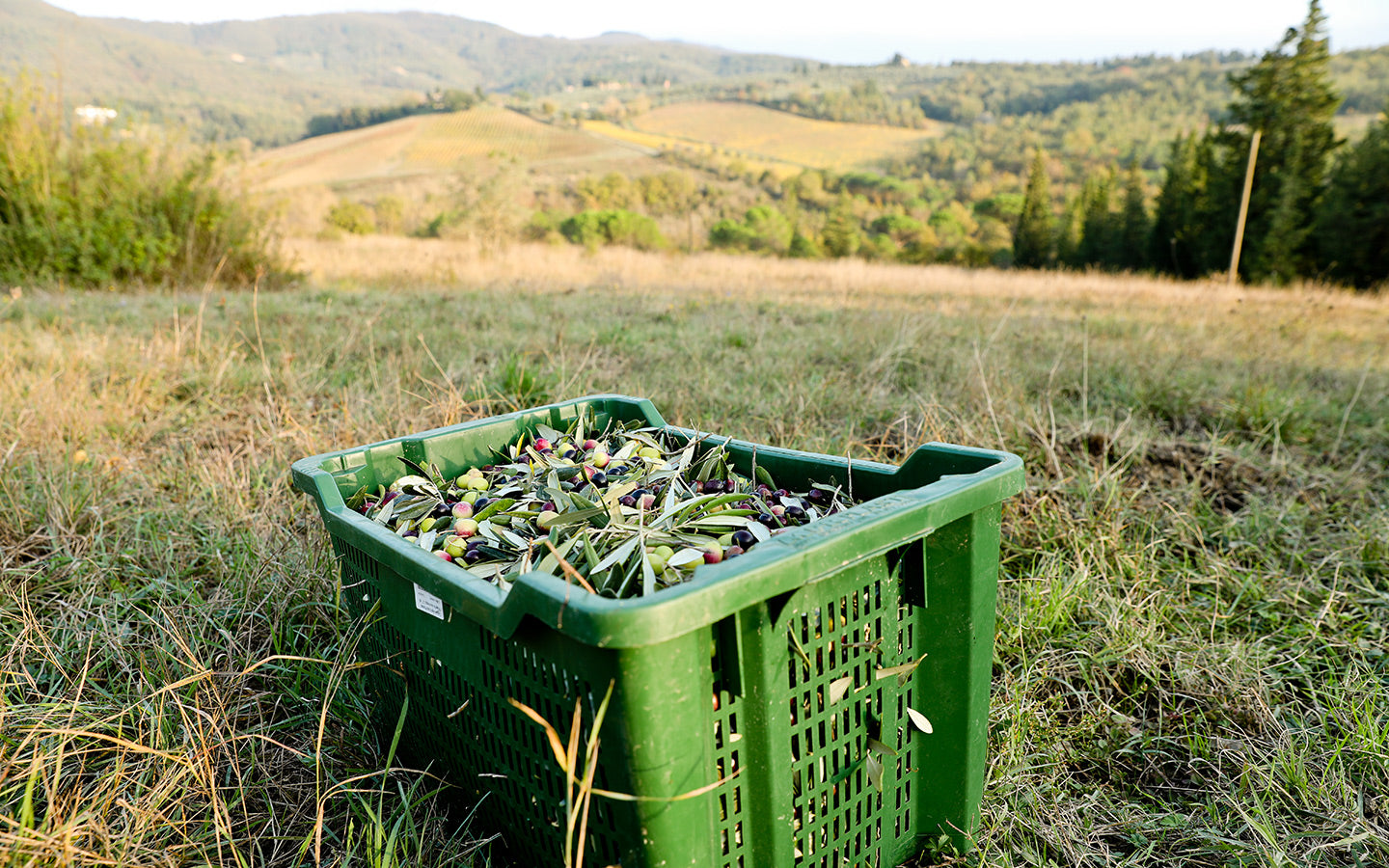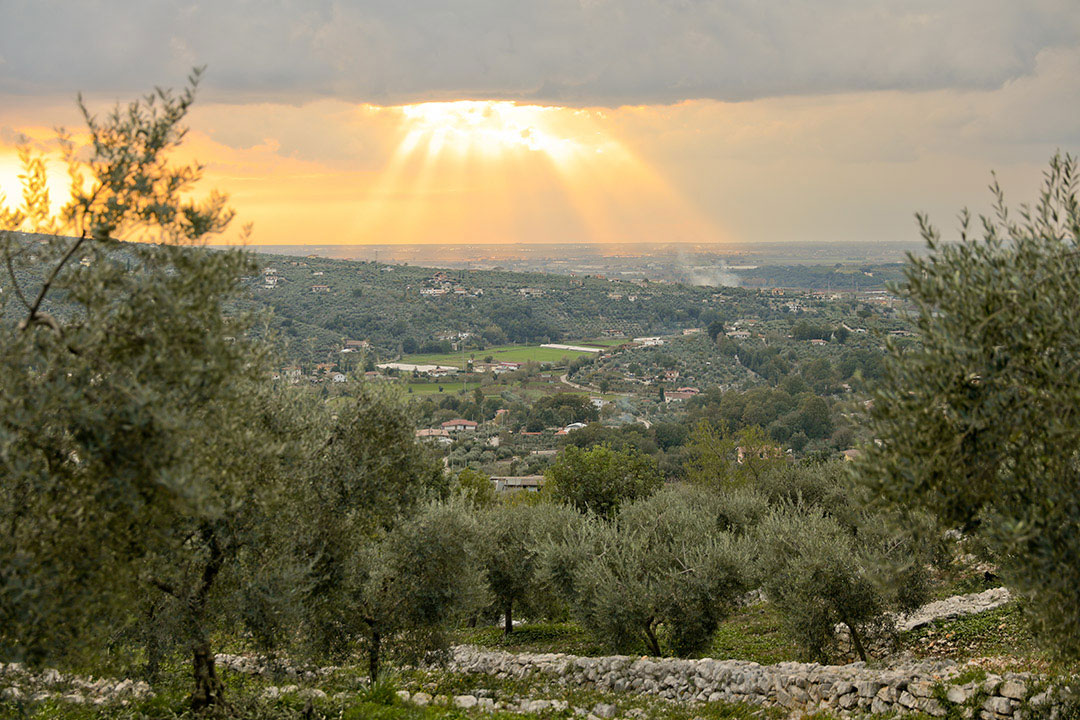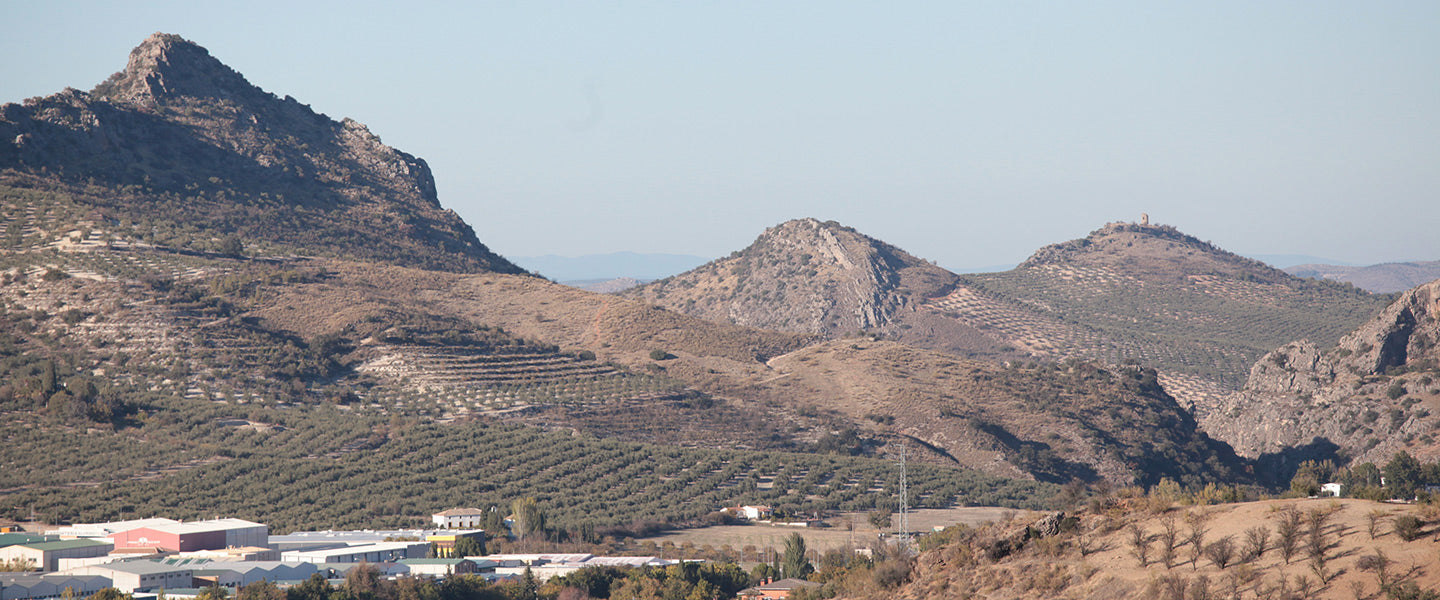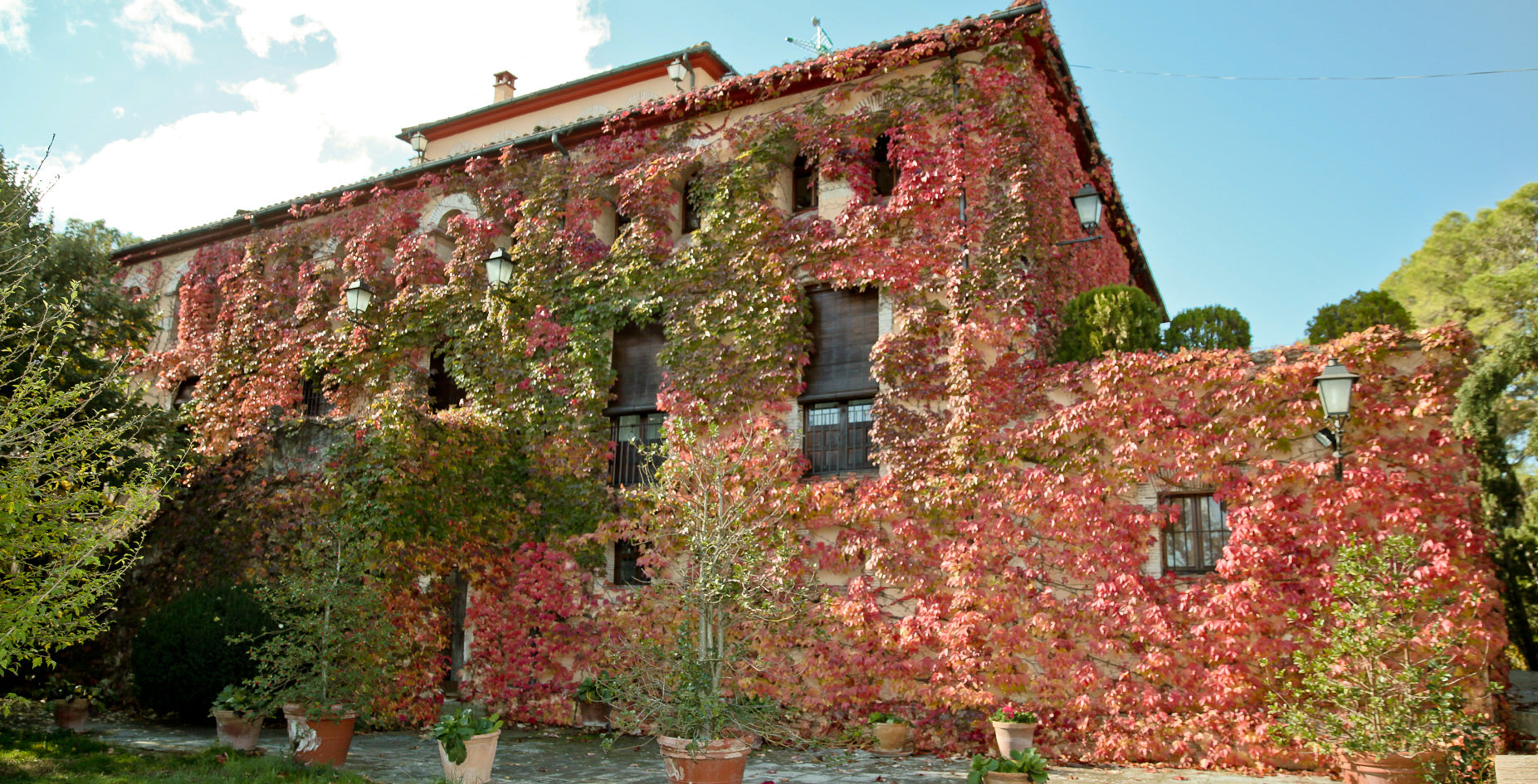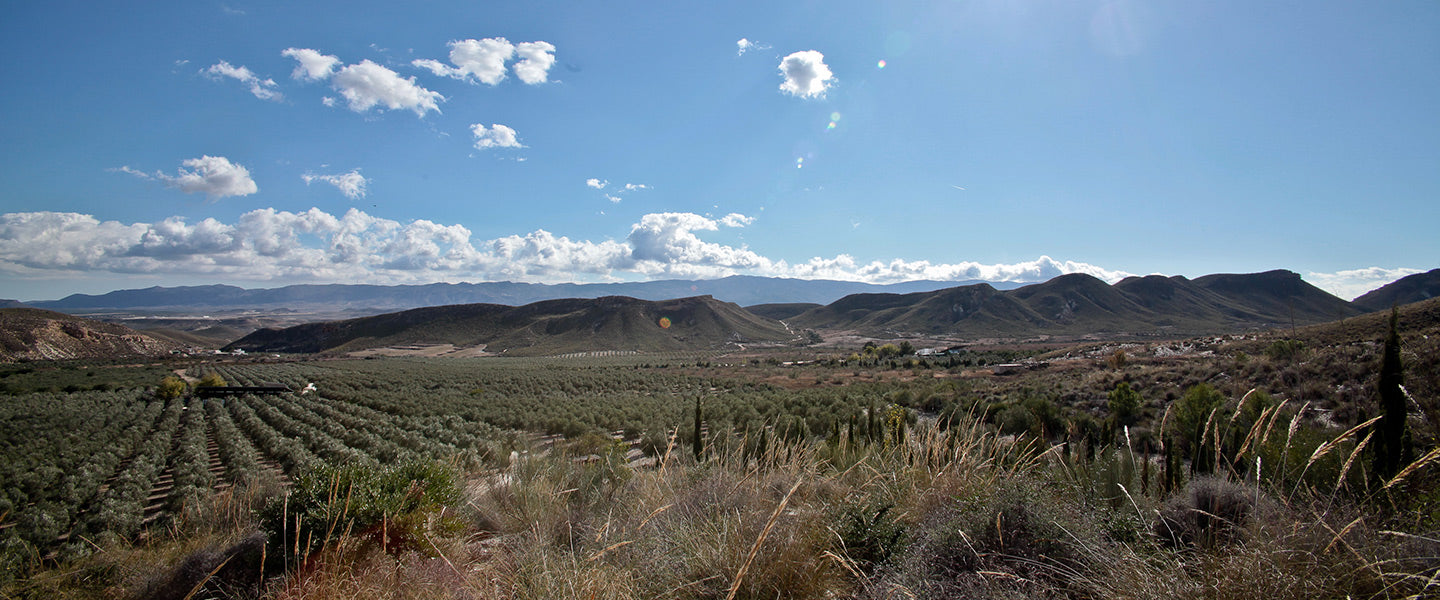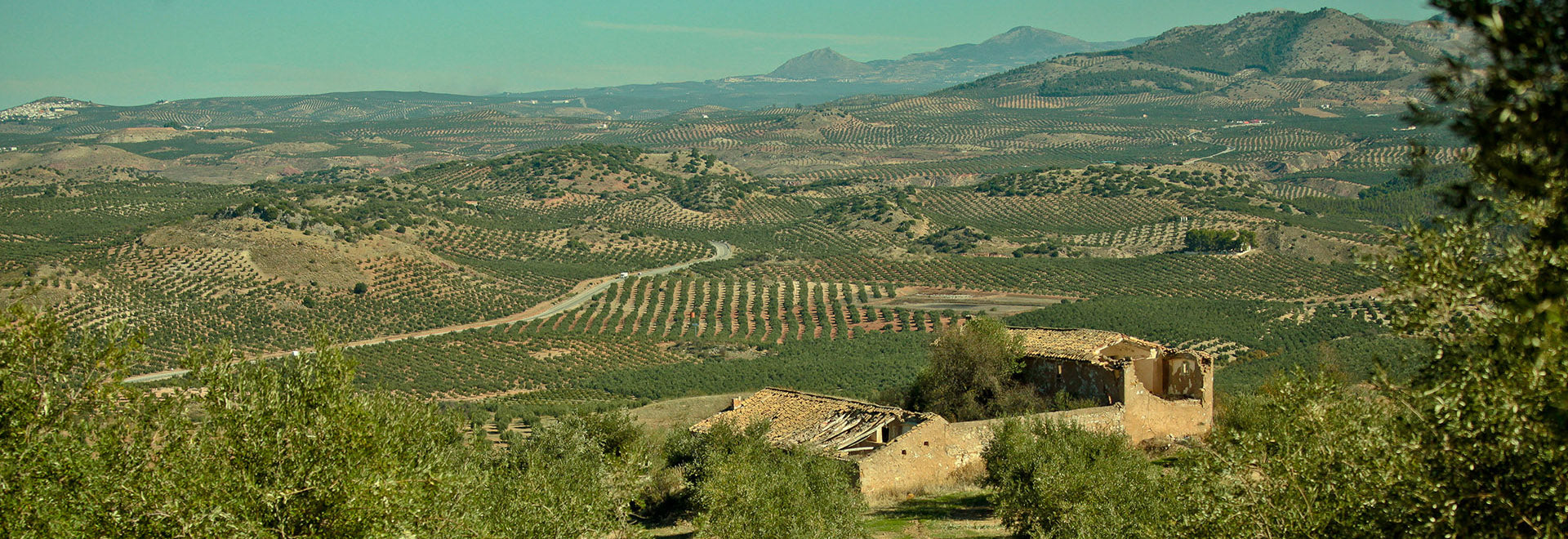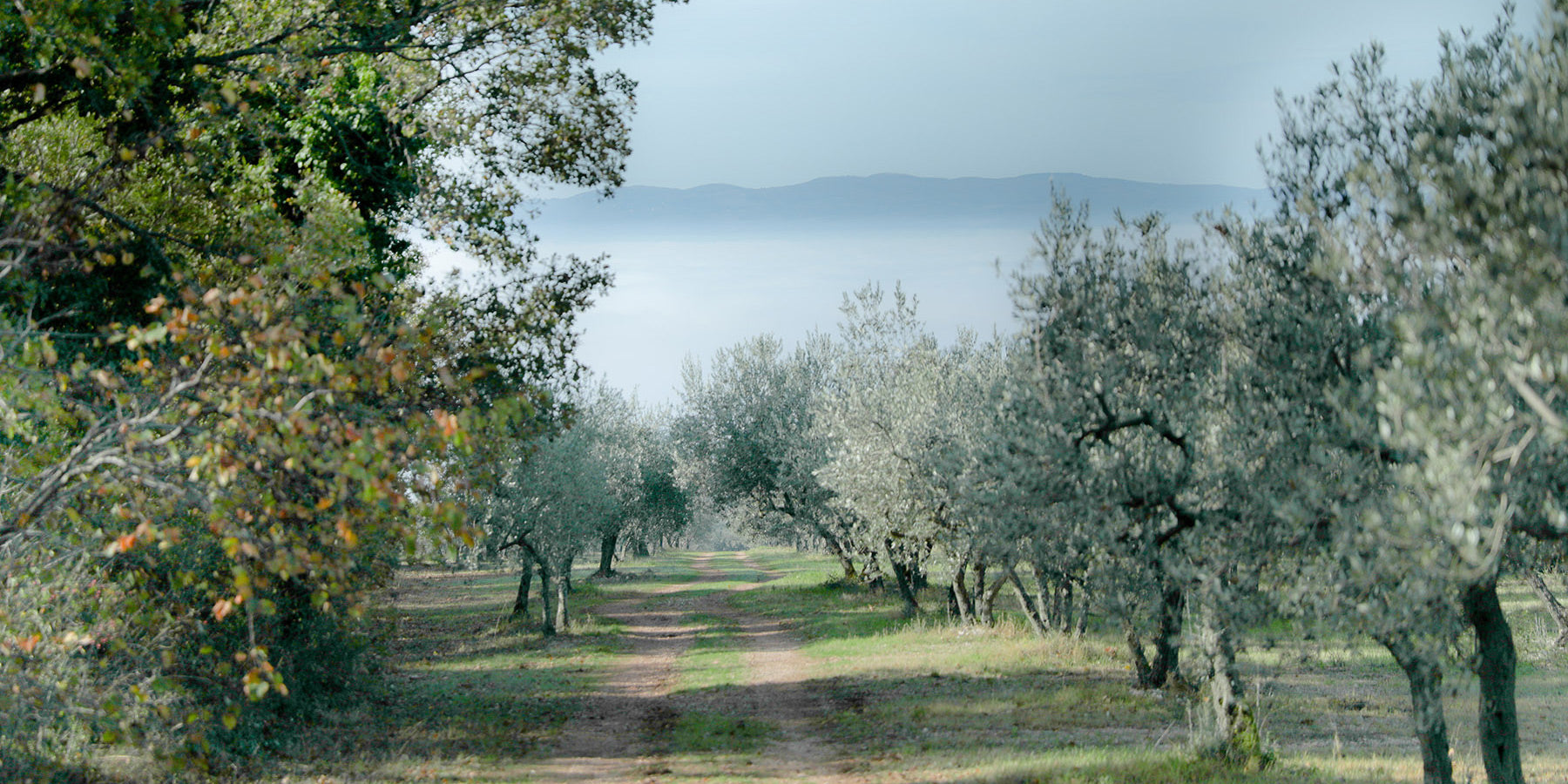Oleoestepa
Posted by Olive Oil Lovers on
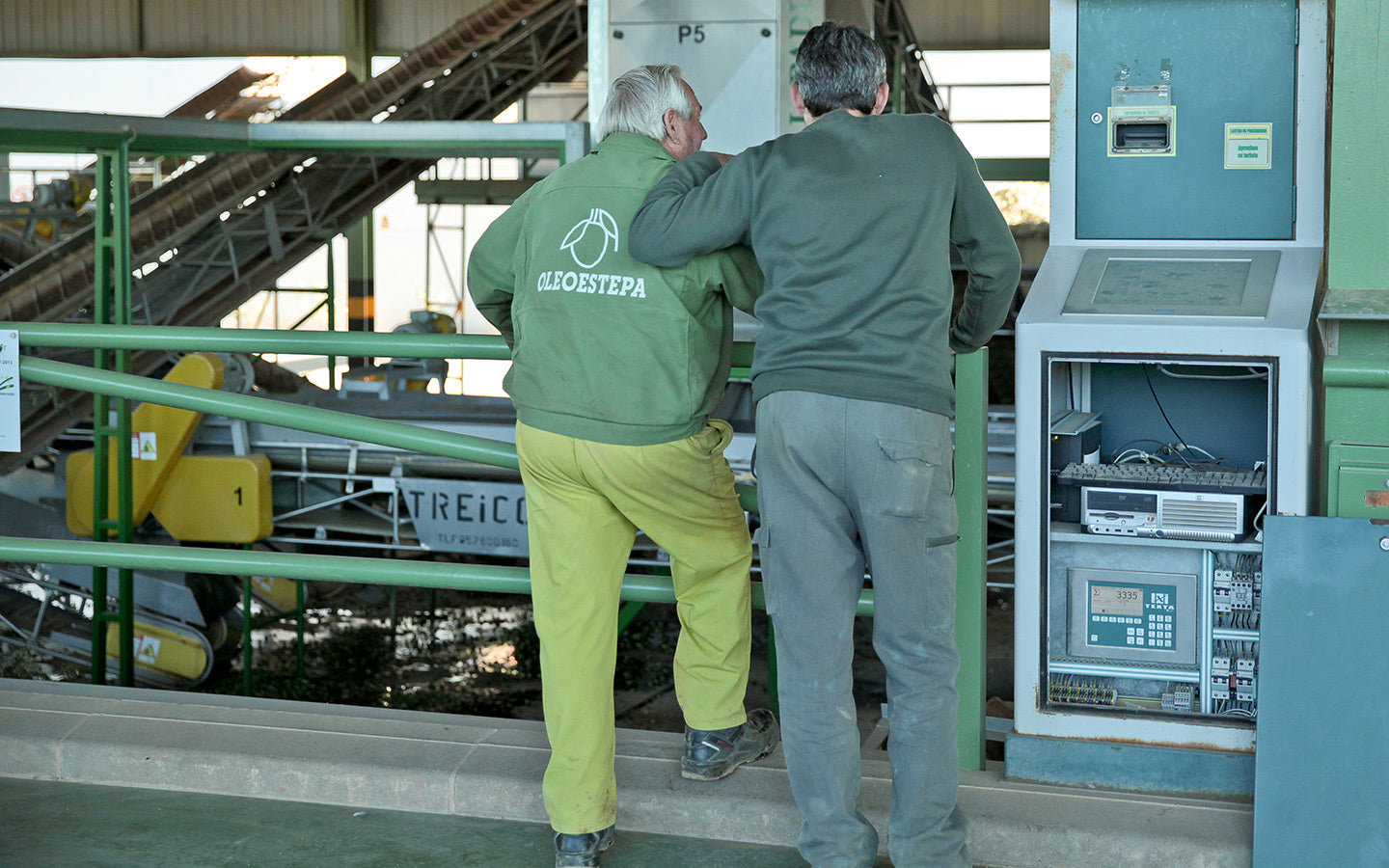
This cooperative of regional growers in Southern Spain works together to build up their community through the creation of exquisite olive oils.
The olive groves located in the Seville and Córdoba provinces of Andalucia, Spain, date back more than 2 millennia to the times of the Phoenicians. Evan as the lands changed hands over the centuries, from the Romans, to the Moors, and back now to the modern-day Spaniards, the economy remained largely based on olives. Of course throughout the history of the region the growers themselves did not always receive the full benefit of their labors. To unite the efforts of the regional producers and thus improve the society in which they all lived, in 1986 Alvaro Olavarria Govantes founded Oleoestepa. This cooperative of regional growers came together with the belief that achieving the highest quality extra virgin olive oil possible would provide tangible benefits to every one of their communities.
"It is most fulfilling to give back to the community, continuing the tradition that has been passed down for more than 2000 years."
The Oleoestepa cooperative spans across the regions of Estepa, Sierra Sur (Seville), and Puente Genil (Cordoba). In addition to olive oil, the area is known across Spain for its Christmas candy industry. One of the sweets made in the region is the Polvorón, a rich shortbread often made with almonds. Polvorónes are a type of Mantecado, a more generalized term that encompasses all the icing-covered baked goods that fall under the PGI "Mantecados de Estepa" appellation. This regionally certified protection requires at least one phase of production to occur in Estepa.

Many of the olive oils made by Oleoestepa also receive a regional certification, specifically, the Protected Designation of Origin - Estepa. PDO certifications require all phases of production to occur in the specified region. This type of rigorous testing ensures the quality of the product, which in turn helps elevate the quality of the entire region's oils. Olive Oil certification in the Estepa region is among the world's most demanding, as it requires a higher score for fruitiness than any other PDO in the world, as well as a high polyphenol count to help stabilize the oils against oxidation. These strict standards help preserve the oil quality over a longer period and give PDO Estepa oils longer shelf life. While Spain is known for producing more olive oil than any other country in the world, the commitment to quality in this particular region is notable, as over 87% of the oil produced by Oleoestepa is extra virgin. As a result, the oils of Oleoestepa have received over 100 awards since the coop's inception. The group's signature oil, Estepa Virgen, has been a regular finalist at the prestigious and standard-setting International Olive Council Mario Solinas awards, taking home first prize in 2013.

Yet without the coop, the region's individual farmers would struggle to achieve such high standards and extreme quality. Through the combined efforts and coordination of the coop, the strict PDO certification is made possible for thousands of farmers each year. By supporting these farmers, the coop has been able to help lift the economy of the entire region. Because of the olive industry's value to the community, the leaders of the coop also incorporated social responsibility mandates into their mission: to exceed the expectations of their customers; to exceed the standards of all health and safety regulations; to promote innovation and improve product quality; to adopt business practices that promote environmental conservation; and finally to be loyal to and respect their customers, the environment, and their community. On average the region’s economy lags behind several other areas in Spain, but the cooperative model has proven that this type of agricultural business can help a community’s economy in myriad different ways. The olive sector in the region generates 225 million euros annually on average, and helps create hundreds of thousands of jobs beyond simply farming, including work at mills, labs, conservation groups, bottling plants, restaurants, and beyond. Although the region has below average economic development in Spain, the cooperative model has shown how a business can help the community beyond just economics.
"The quality product is a result of healthy trees, ideal climate, nurtured soil, and the combined experience of the associated producers."
